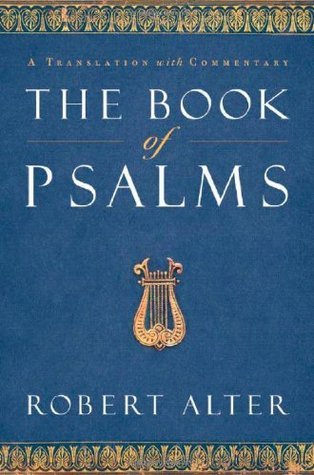What do you think?
Rate this book


560 pages, Hardcover
First published January 1, 2007

Psalm 58*
For the lead player al-tashcheth, a David michtam.
Do you, O chieftains, indeed speak justice,
in rightness judge humankind?
In your heart you work misdeeds on earth,
weigh a case with outrage in your hands.
The wicked backslide from the very womb,
the lie-mongers go astray from birth.
They have venom akin to the serpent's venom,
like the deaf viper that stops up its ears,
so it hears not the soothsayers' voice
nor the cunning caster of spells.
God, smash their teeth in their mouth.
The jaws of the lions shatter, O Lord.
Let them melt away, like water run off.
Let Him pull back His arrows so they be
cut down.
Like a snail that moves in its slime,
a woman's stillbirth that sees not the sun,
before their thorns ripen in bramble,
still alive and in wrath rushed to ruin.
The just man rejoices when vengeance he sees,
his feet he will bathe in the wicked one's
blood.
And man will say, "Yes, there is fruit for the just.
Yes, there are gods judging the earth."